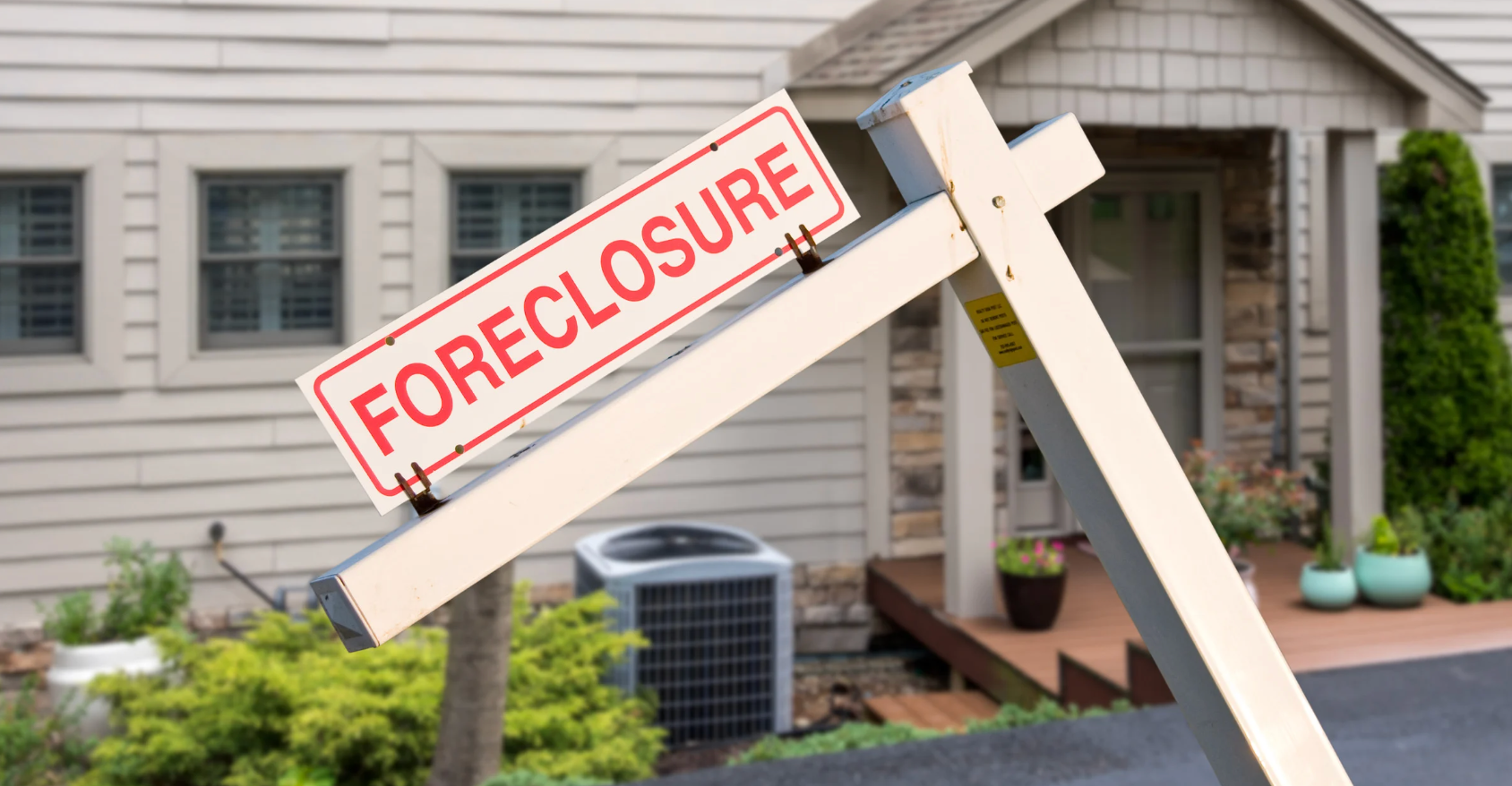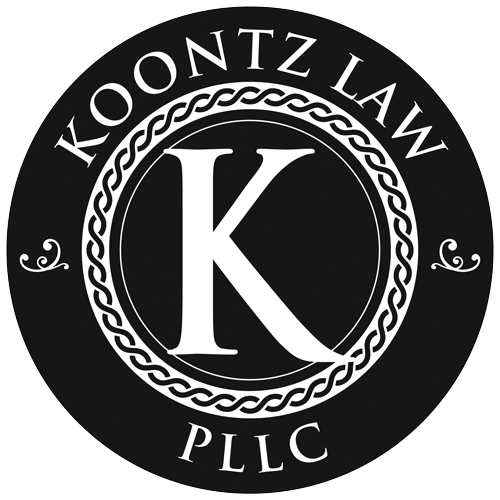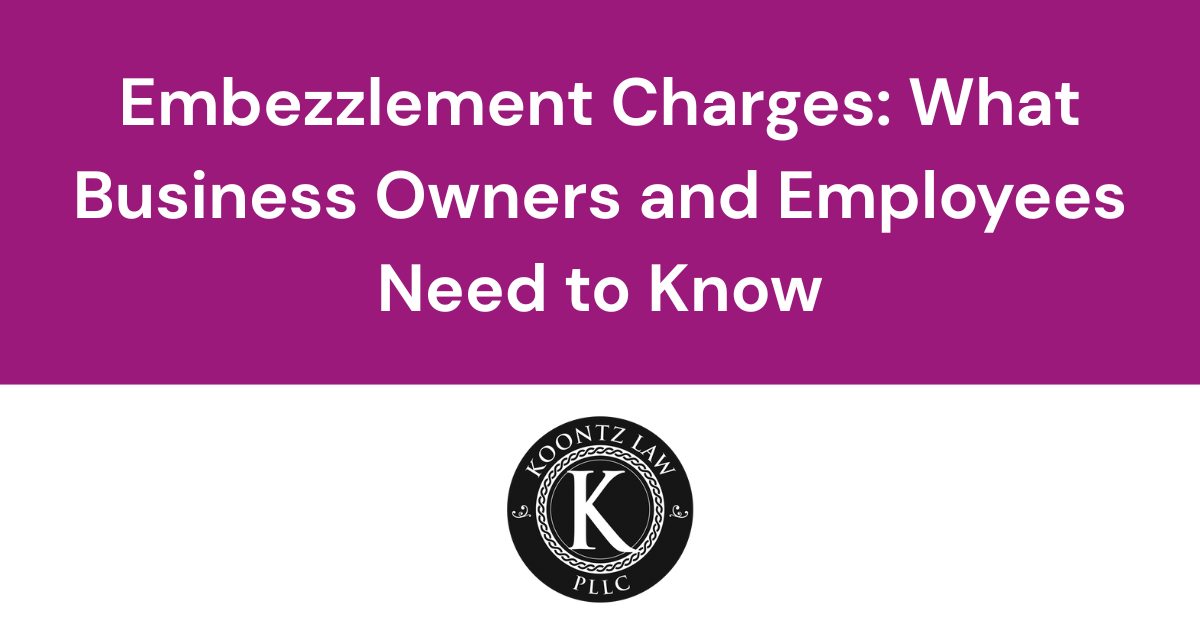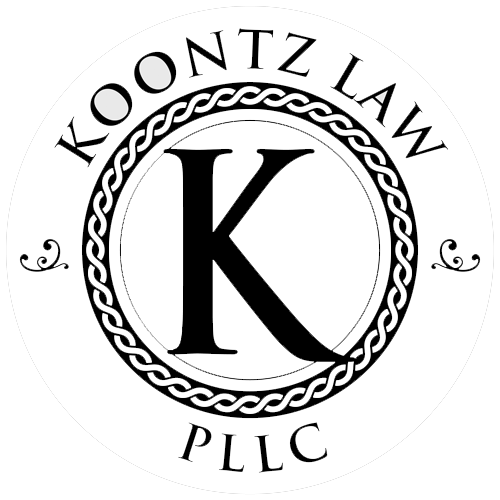Understanding North Carolina Property Disclosure Laws for Home Sellers
Selling a home in North Carolina comes with a variety of legal obligations, including the responsibility to provide potential buyers with accurate information about the property’s condition. One of the most critical legal requirements is the Residential Property and Owners’ Association Disclosure Statement (RPOADS). Understanding what this document entails and how it impacts your sale can help you avoid legal issues and ensure a smooth transaction.
What Is the North Carolina Property Disclosure Law?
North Carolina law requires most home sellers to complete and provide buyers with the RPOADS form. This document outlines the condition of various aspects of the property, such as:
The form is meant to inform buyers about known issues before closing, helping them make an informed decision. However, North Carolina follows a “buyer beware” principle, meaning sellers are not required to actively investigate their property for defects. Instead, sellers can choose to answer questions with "Yes," "No," or "No Representation." Selecting “No Representation” means the seller is making no claims about the property’s condition, which shifts the responsibility of discovery to the buyer.
Who Is Exempt from the Disclosure Requirement?
While most home sellers in North Carolina must complete the disclosure form, there are some exemptions. These include:
Even if a seller is exempt, it is still best practice to be transparent about any known issues to avoid potential disputes.
What Happens If a Seller Fails to Disclose Issues?
If a seller knowingly misrepresents or conceals a property defect, they could face legal consequences. Buyers who discover undisclosed defects after closing may have grounds for a lawsuit, especially if they can prove the seller intentionally withheld information. This can lead to costly legal battles and financial liabilities.
How Koontz Law, PLLC Can Help
Navigating North Carolina’s property disclosure laws can be complex, and making mistakes can have serious consequences. Whether you’re unsure how to complete the disclosure form or need guidance on legal risks, Koontz Law, PLLC is here to help. Our experienced team provides comprehensive legal support to ensure your real estate transaction is handled smoothly and in compliance with state laws.
If you're preparing to sell your home and want to ensure a legally sound process, contact Koontz Law, PLLC today. We’ll help you understand your rights and responsibilities, so you can move forward with confidence. Call us now to schedule a consultation!











